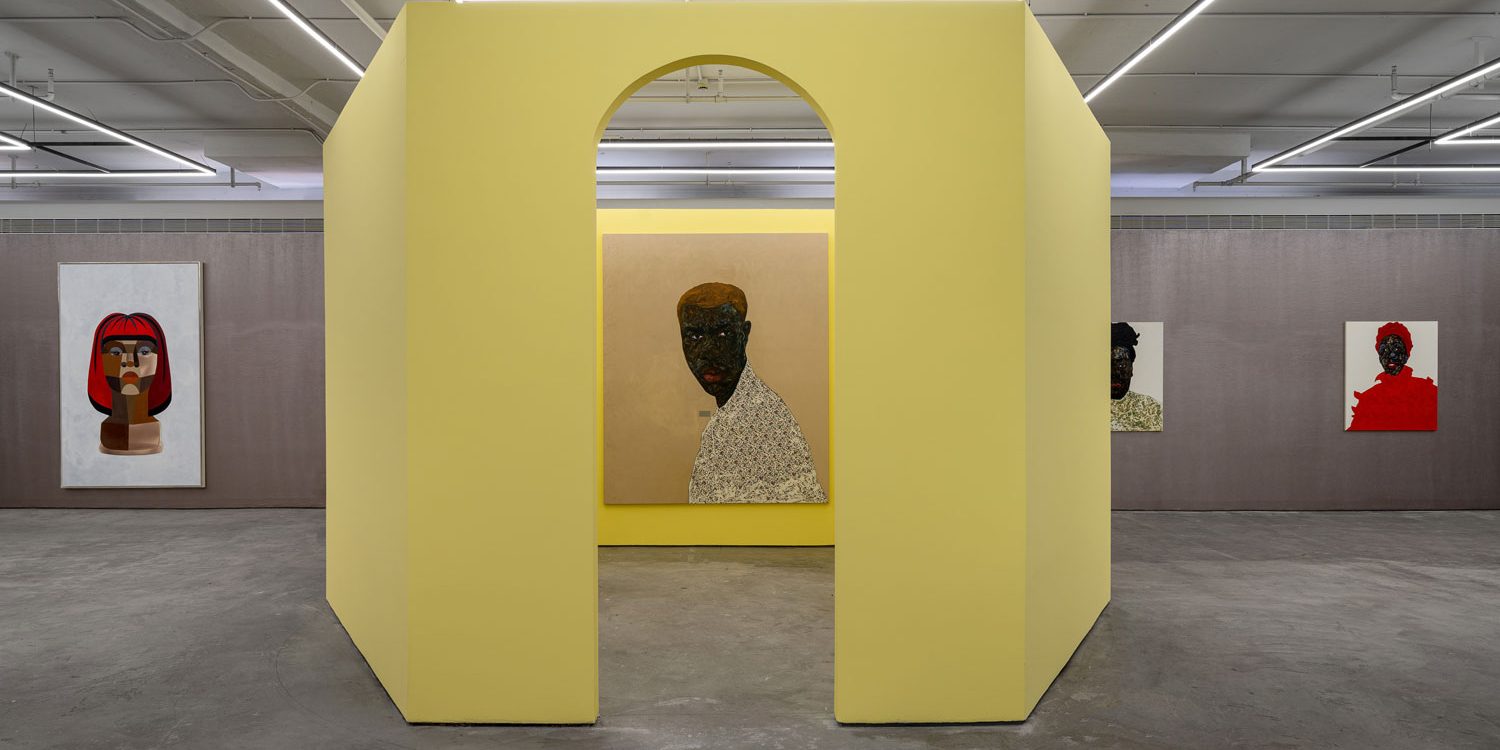Longlati Reading Workshop#1:Afrofuturism x Reproductive Futurism
The Longlati Foundation invites four members of the Collecting Committee, who are also writers, to host a quarterly book club. The book club aims to develop multi-dimensional narratives around the foundation’s collection and exhibition projects. The inaugural book club, organized by Chen Xian, will feature writer and curator Dai Zhanglun, who will lead the discussion on several classic novels by African-American science fiction writer Octavia E. Butler. The discussion will revolve around Afrofuturism and Reproductive Futurism, providing an opportunity for extended exploration and dialogue.
Readings:
- Octavia Estelle Butler:BloodChild
Octavia E. Butler’s “Bloodchild” is a story about male pregnancy. In this tale, Earth humans, who are wandering in space to survive, are adopted by an alien species known as the Tlic. Some male Earth humans are responsible for serving as surrogate hosts for the Tlic members. The story gradually reveals the complex dynamics of different classes and races in a subtle and intricate manner, leaving it to the readers to engage in their own imaginative exploration and interpretation of the plot.
- Octavia Estelle Butler:Amnesty
The inspiration for “Amnesty” comes from the social news of the illegal detention of Chinese scientists by the U.S. government. In this story, Butler attempts to focus on the innate human fear and the desire of human society to maintain its dominance. In “Amnesty,” an alien species takes control of the desert regions on Earth, and the protagonist is a human girl who has a deep understanding of the alien race. She tries to convince the human race to overcome their fear of the aliens and coexist and prosper with them.
- Octavia Estelle Butler:Lilith’s Brood
The Lilith’s Brood trilogy depicts the journey of a black woman gradually assimilating into an alien society and, through several generations of reproduction and intermingling, experiencing the end of human reproductive capabilities. The alien society has three genders, which give rise to entirely different sets of values compared to human society. This epic construction is highly resonant with the stories of African slaves in America and the subsequent generations of African-Americans experiencing conflicts during their integration into American society. In this book club session, the focus will be on themes such as infertility, hybridization, and interspecies relationships as we delve into extended excerpts from Lilith’s Brood.
Longlati cordially invites you to participate in the Tencent Meeting for:
Longlati Reading Workshop #1
Date: January 8, 2022 Time: 14:00-16:00 (GMT+08:00)
Hosts: Dai Zhanglun, Chen Xian
Guest Respondents: Pu Yingwei, Su Yuxin
Language: Chinese
Join the meeting by clicking the link below or adding it to your meeting list:
https://meeting.tencent.com/dm/4SRi3tVD2SZu
Online Meeting ID: 973-799-519
Meeting Password: 202218
We look forward to your presence at the book club meeting.
Host
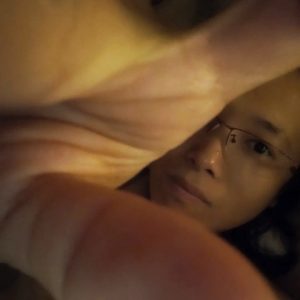
Dai Zhanglun, a writer and curator currently based in Shanghai. Her writing and curatorial work focuses on the exploration of cultural imagination and bodily transformations, reproduction, and interspecies communication in the post-technological era. She also explores the intertextuality between literary space and psychological space.
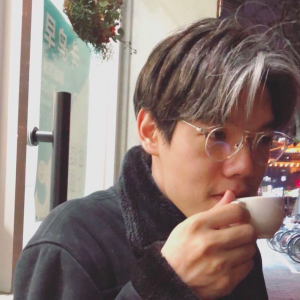
Chen Xi’an, a curator based in Shanghai and the editor of “Heichi” magazine. He is currently undertaking a one-year residency at “Dui Fei,” an online platform of the Shanghai New York University Contemporary Art Center.
Artist
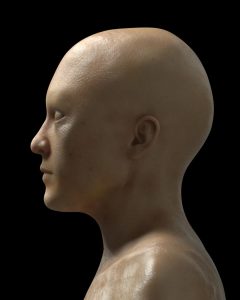
Pu Yingwei, born in 1989, currently resides in Beijing, China. With a central focus on “how to interpret the complexity of contemporary China to oneself and the world,” Pu Yingwei’s work is defined as a conceptual art practice driven by strong political enthusiasm. In recent creations, the artist has embraced the schism of ideological camps and the resurgence of imperialism as new working contexts. Pu Yingwei extensively studies and continues the legacy of socialist realism in fine arts and the visual heritage of 20th-century avant-garde movements. Drawing nourishment from both revolutionary art and ideological propaganda, two heterogeneous yet isomorphic visual cultures, the artist has developed a unique language system and historical perspective.
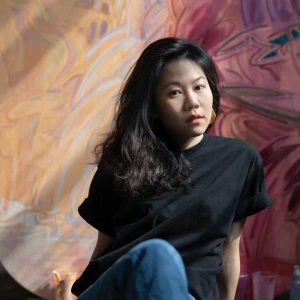
Su Yu-Xin, born in 1991, considers painting as a place where various disciplines and sensory abilities intersect. As an artist, she has long been immersed in the visual industry, and the evolution of painting reflects the discovery and re-creation of the material world. Painting not only bears witness to the history of cultural and natural exchanges but also reflects the artist’s role in wars and migrations. It involves the encroachment and restitution of landscapes, the extraction of colors, and the trade histories associated with them. While the history of painting focuses on tracing the evolution of image styles, the technology of color is constantly evolving. Su Yuxin collects, researches, and processes these color elements scattered across the Earth’s crust. On the canvas, she portrays, squeezes, and stacks them to create new orders. For her, landscape painting becomes a geological practice of rearranging minerals, vegetation, organics, and artificial objects.
